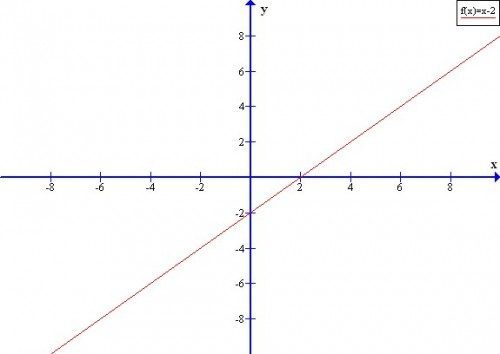 Intransitive verbs are those that do not require more information and, therefore, are "self-sufficient". They are verbs that give precise and complete information. On the contrary, transitive verbs do need additional information, a clarification that provides meaning to what is being said.
Intransitive verbs are those that do not require more information and, therefore, are "self-sufficient". They are verbs that give precise and complete information. On the contrary, transitive verbs do need additional information, a clarification that provides meaning to what is being said.
Transitive verbs
A transitive verb is that verb that is necessarily accompanied by a direct object
In other words, transitive verbs refer to actions that require a subject and a direct object. Thus, in the sentence "Luis has bought some flowers" we have the following elements: Luis is an active subject, he has bought is a transitive verb and some flowers is what the action is exercised on, that is, it is the direct object. Continuing with the example of the previous sentence, it must be indicated that it could be said in the passive voice (some flowers have been bought by Luis) and the same subject and direct object structure would be maintained.
Transitive verbs need complementary information. In this way, the verb to search must be accompanied by what is being sought (I am looking for a friend or we are looking for a restaurant). The same happens with verbs such as have, buy, like, overcome, do, among many others. From a grammatical point of view, these types of verbs have transitivity, that is, they are oriented towards a certain information, the direct object. In this way, it would not make sense to say "I have" or "we buy", since both verbs need a specification that clarifies what I have and what we buy.
Intransitive verbs

Intransitive verbs are verbs that do not need a direct object for a sentence to make full sense
In this way, intransitive verbs express the opposite idea to transitive ones. Some intransitive verbs are flee, think, reason, swim, be born, etc.
However, the same verb can have a transitive or intransitive meaning. Let's see this idea with a concrete example. In the sentence "my friend reads" the verb to read is intransitive because the sentence makes sense, since it is not necessary to say what she reads, but rather refers to the fact that she usually reads. On the other hand, in the sentence "my friend reads horror novels", we are dealing with a verb with a transitive value, since it says what my friend reads. Thus, the same verb may have a transitive or intransitive value, which will depend on the context of the language.
Photos: iStock - Allvisionn / Eva Katalin Kondoros









